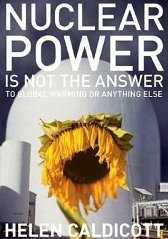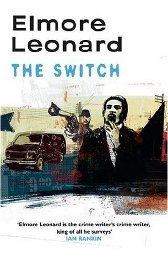
The twentieth anniversary of the accident at Chernobyl has led to much reflection on the dangers of nuclear power. While figures are hotly debated, there is no doubt that tens, if not hundreds of thousands of people’s lives have been affected – indeed many lives have been shortened, and there are countless children with birth defects, early cancers and so on.
It’s a tragedy then, that the anniversary is also the year that many politicians, including Tony Blair, have decided to rehabilitate Nuclear Power. For many activists this will come as a shock – for decades Nuclear Power, with it’s attendant health risks, frequent accidents and sheer expense (never minding the millions of tones of waste) has been considered too shocking an option.
But now, with Climate Change a real danger for the planet, Nuclear Power’s day has seemingly returned. “The 103 nuclear power plants in America produce 20% of the nation’s electricity without producing a single pound of air pollution or greenhouse gases” said George Bush and Tony Blair is also full of the ecological benefits of this supposedly “carbon neutral” form of energy.
However the reality, as Helen Caldicott proves, is somewhat different. Nuclear Power may be carbon neutral inside the reactor, but every other part of the nuclear cycle generates huge amounts of greenhouse gases, as well as being tremendously wasteful. Caldicott also documents in detail some of the consequences of generating energy this way – the radioactive leaks, the huge subsidies required by the industry and the links with nuclear weapons.
Thankfully, Cladicott shows that we don’t need Nuclear Power to save the planet – a combination of improved energy use and efficiency as well as an increased use of renewable sources is a viable alternative.
Environmentalists and other activists are going to face this argument again and again as Blair pushes for more reactors to be built. Dr. Cladicott has done all of use a great service with this well researched, well argued and easy to read denunciation of the nuclear industry’s arguments.
Related Reviews
Tim Flannery - The Weather Makers



